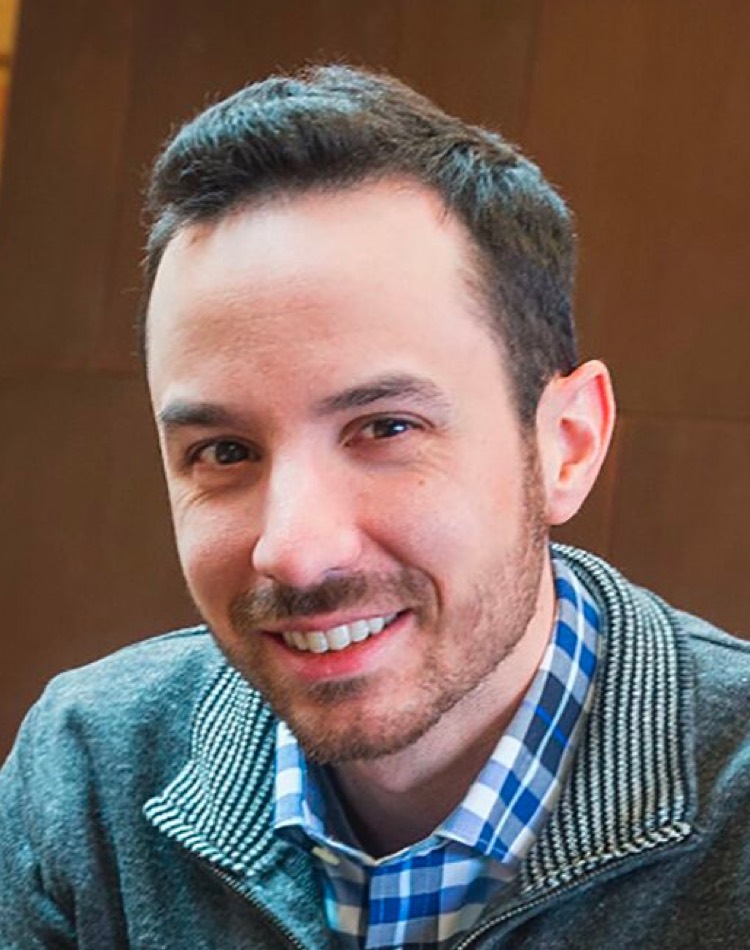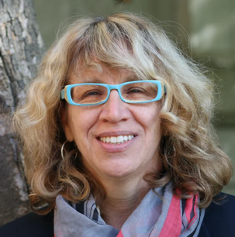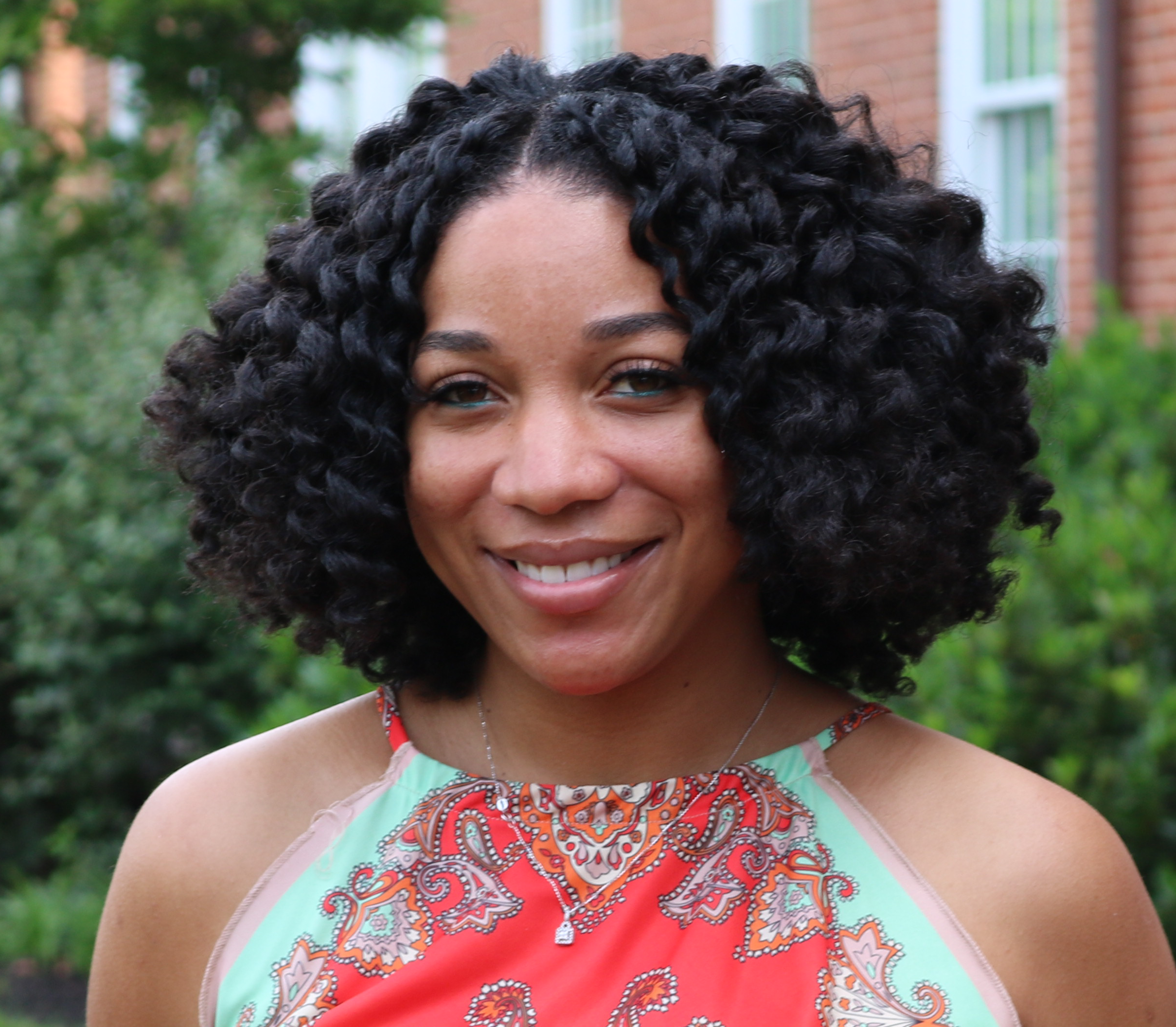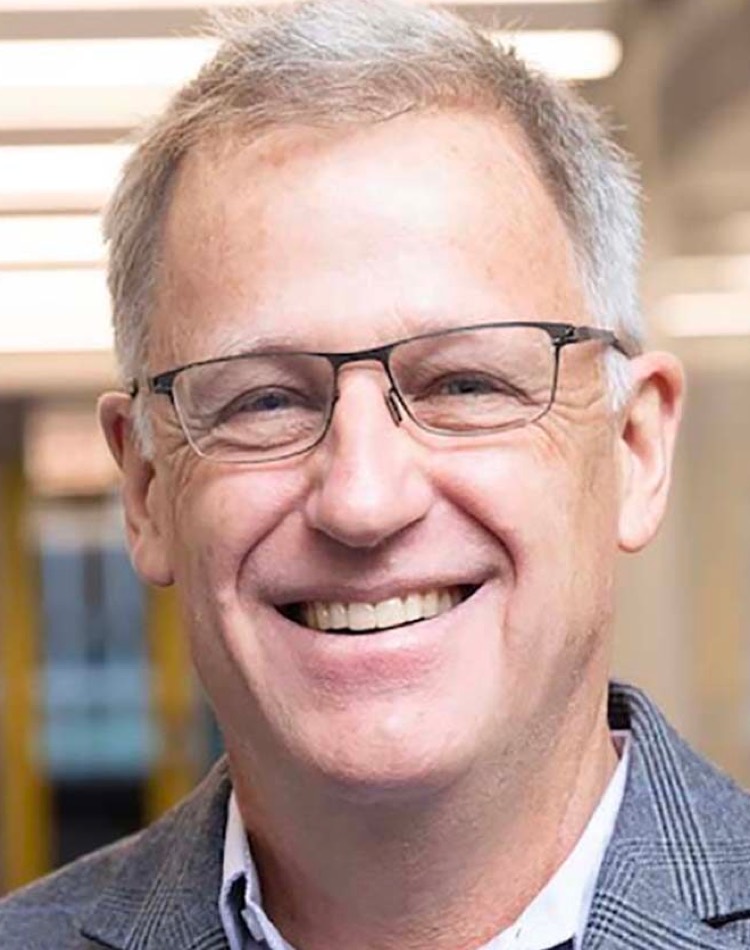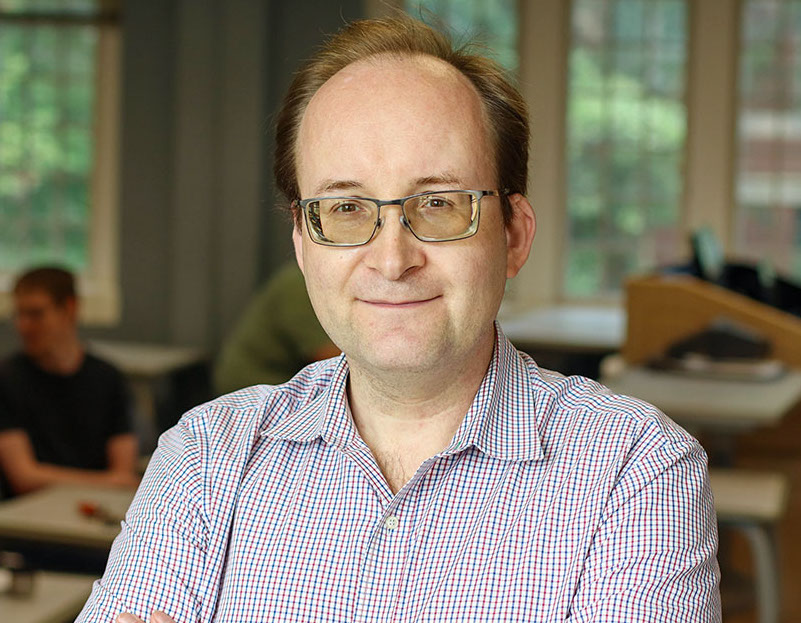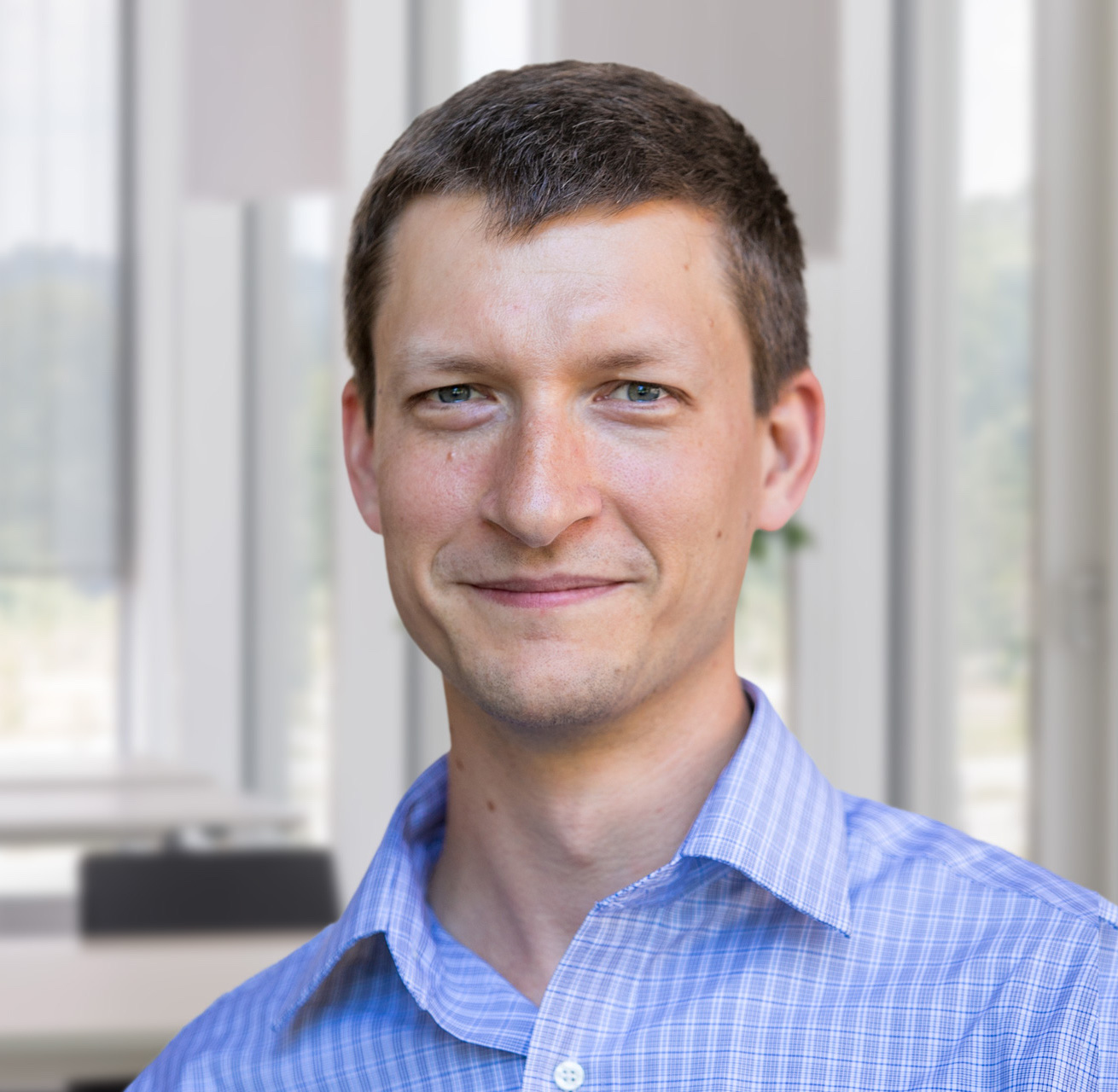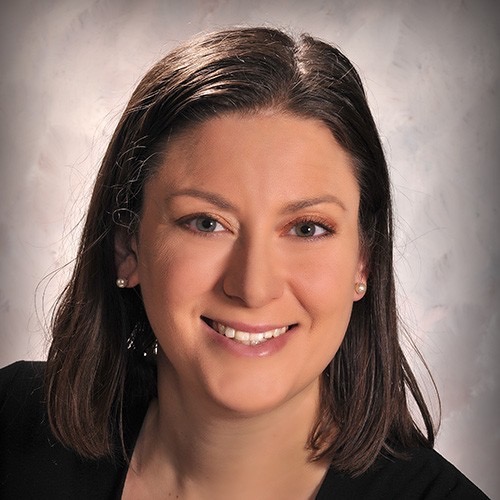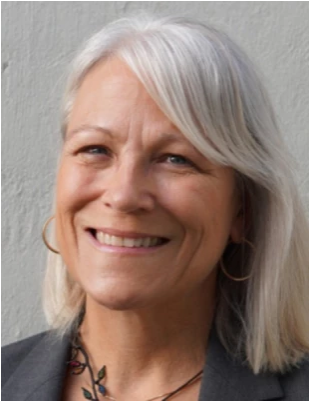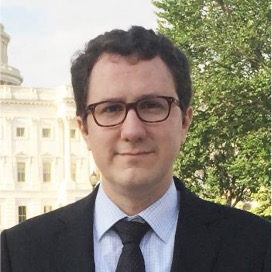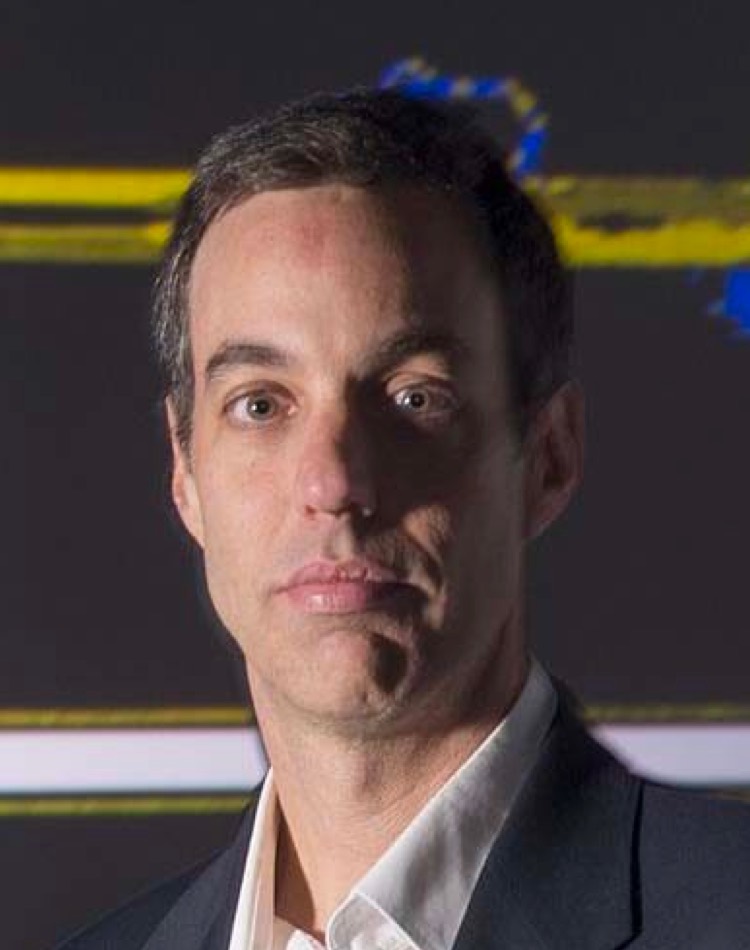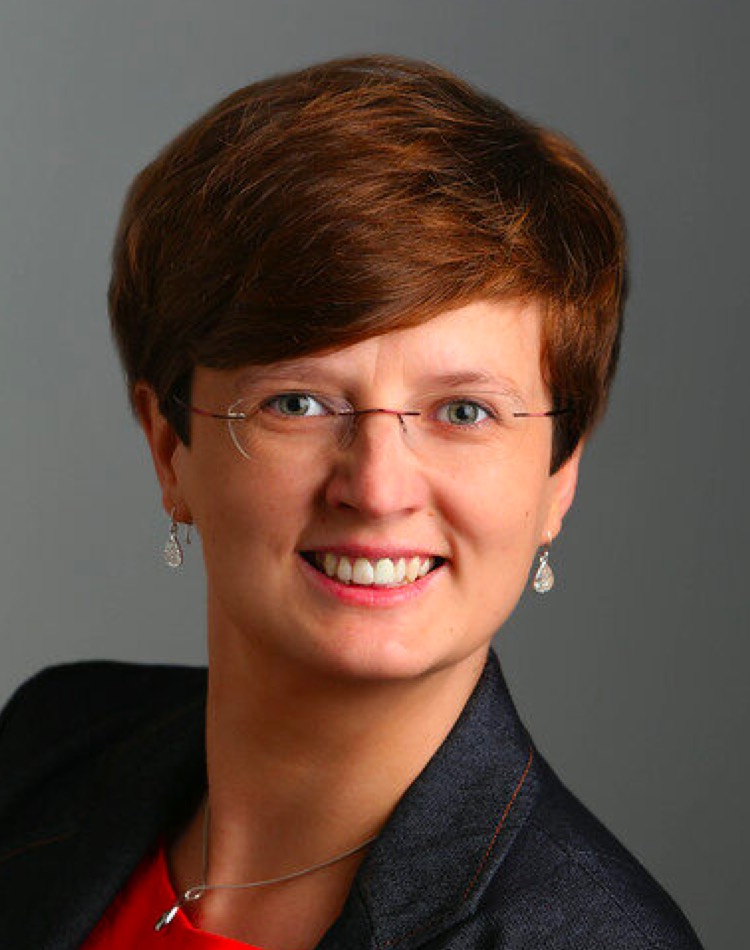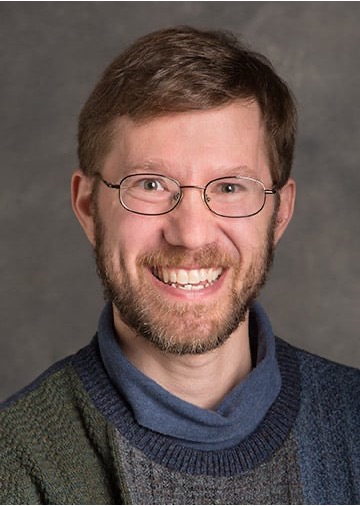Governance Council
ABOUT OUR GOVERNANCE COUNCIL
MaRDA’s Founding Council coalesced from participants in the NSF Summit on Big Data and Materials Cyberinfrastructure to organize and launch the alliance. This Founding Council will engineer their own sunset and a Nominating Committee will present a slate of candidates for membership election in accordance with MaRDA bylaws. MaRDA strives to have diverse and balanced representation on the Council with members serving three-year terms.
MARDA COUNCIL MEMBERS
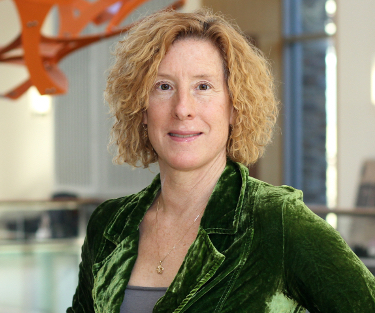
L. Catherine Brinson
Executive Committee
Cate Brinson is the Sharon C. and Harold L. Yoh, III Distinguished Professor Mechanical Engineering and Materials Science at Duke University. Her interests include nanoconfinement in polymers, responses of biomaterials, new methods to characterize, and modeling material behavior. Dr. Brinson is a leader in materials data curation and access including development of NanoMine, a platform for Materials Genome prediction of polymer nanocomposites.
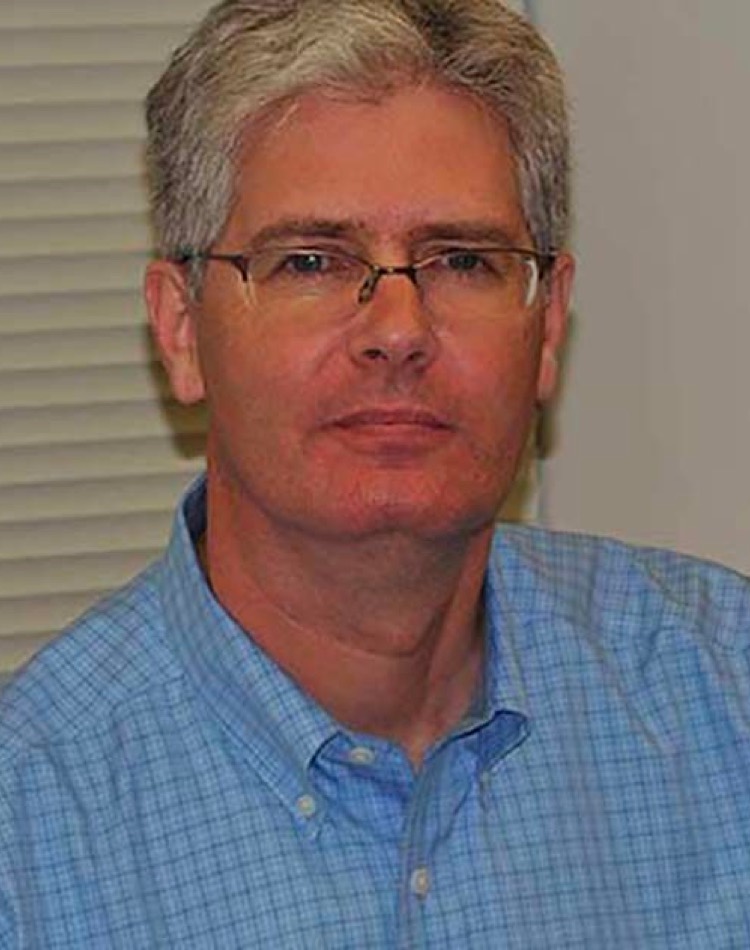
David C. Elbert
Executive Committee
David Elbert is a Research Scientist at Johns Hopkins and Chief Data Officer of the Platform for the Accelerated Realization, Analysis, and Discovery of Interface Materials (PARADIM), an NSF Materials Innovation Platform (MIP) collaboration at Cornell, Johns Hopkins, and Clark Atlanta Universities. He also serves as Primary Data Management Director of the Materials Science in Extreme Environments (MSEE) University Research Alliance and an investigator in the Center for Materials in Extreme Dynamic Environments (CMEDE) Collaborative Research Alliance.
Ben Blaiszik
Ben Blaiszik is a Research Scientist at Globus Labs with appointments at the University of Chicago and Argonne National Laboratory focused on projects spanning artificial intelligence and data-centric approaches to materials science and chemistry. Dr. Blaiszik is the project lead for the Materials Data Facility working to build a cohesive, national data infrastructure and cloud services to support materials science research.
Jane Greenberg
Jane Greenberg is the Alice B. Kroeger Professor and Director of the Metadata Research Center at the College of Computing and Informatics, Drexel University. Her research focuses on metadata, knowledge organization/semantics, linked data, data science, and information economics. She is the Associate Director & Community Liaison for Data Science of NSF ID4 – The Institute for Data Driven Dynamical Design and serves on the advisory board of the Dublin Core Metadata Initiative (DCMI)
Salena Fitzgerald
Salena Fitzgerald is MaRDA’s Communications Specialist at The Johns Hopkins University where she manages the website, blog content, and assist in the planning of MaRDA annual meetings.
Ian Foster
Ian Foster is the Arthur Holly Compton Distinguished Service Professor of Computer Science at the University of Chicago. Dr. Foster is also the Director of the Data Science and Learning Division at Argonne National Laboratory where is an Argonne Distinguished Fellow. Foster’s research contributions span high-performance computing, distributed systems, and data-driven discovery. Dr. Foster is a co-founder of the Globus non-profit service for research data management. He is an elected Fellow of the American Association for the Advancement of Science, the Association for Computing Machinery, and British Computer Society.
Sergei Kalinin
Sergei V. Kalinin is a Distinguished Research Staff Member at Oak Ridge National Laboratory (ORNL) and Director of the ORNL Institute for Functional Imaging of Materials. He is co-theme leader for scanning probe microscopy at the Center for Nanophase Materials Sciences at ORNL. Dr. Kalinin is a 2018 recipient of the Blavatnik National Award for Young Scientists and holds adjunct faculty appointments at Pennsylvania State University and the University of Tennessee, Knoxville.
Boris Kozinsky
Boris Kozinsky is Associate Professor of Computational Materials Science at Harvard University where he leads the Materials Intelligence Research group. He is also a Principal Scientist at the Robert Bosch Research and Technology Center. Dr. Kozinsky’s research is at the intersection of fundamental materials theory, development of accurate electronic structure algorithms, and informatic tools aimed at automated computational design.
Corinne Lipscomb
Corinne Lipscomb of 3M (Solventum) brings expertise in the integration of materials, simulation, and data science technologies and the application of integrated workflows to enable business goals. Her team spans materials informatics, mechanical modeling, bioinformatics, data science, DevOps engineering, and data engineering to support strategic R&D priorities for the CTO of 3M’s new healthcare companySolventum.
Linda Sapochak
Linda, an NSF Retiree, has worked in the Division of Materials Research for 14 years, including serving as Division Director until her recent retirement. She served as co-chair of NSTC’s Subcommittee on the Materials Genome Initiative (MGI) for many years and is a co-author of the 2022 MGI Strategic Plan. While Division Director, NSF-DMR funded the proposal that led to the creation of MaRDA. Dr. Sapochak has over 50 publications, 16 patents, and is an MRS Fellow.
Nicholas Schwarz
Nicholas Schwarz is a Principal Computer Scientist at Argonne National Laboratory and the lead for scientific software and data management at the Advanced Photon Source. He’s responsible for the facility-wide effort to develop and support scientific software, data management and remote access systems, artificial intelligence and machine learning capabilities, and the integration of supercomputing resources with experimental and observational facilities.
Taylor Sparks
Taylor Sparks is Associate Professor of Materials Science & Engineering at the University of Utah. He has more than 11 years of experience in materials informatics with emphasis on method development in property prediction (e.g. CrabNet) and generative models (e.g. xtal2png, DiSCoVeR). He is experienced in data mining for a variety of materials with published benchmark datasets, and time-series data related to resource information. Dr. Sparks serves as an Associate Editor of Data in Brief as well as Computational Materials Science.
Alejandro Strachan
Alejandro Strachan is a Professor of Materials Engineering at Purdue University, Director, DoD ONR MURI “Predictive Chemistry and Physics at Extreme Conditions”, PCP@Xtreme, and the Deputy Director of NSF’s Network for Computational Nanotechnology, home of nanoHUB. Prof. Strachan’s research focuses on the development of predictive atomistic and multiscale models to describe materials from first principles and their application to problems of technological importance. His group uses these tools to understand how materials work and use this insight to design new materials combining simulation and experimental results with data science tools.
Olga Wodo
Olga Wodo is Associate Professor in Materials Design and Innovation Department at University at Buffalo. Her research interests are focused on microstructure informatics, computational materials science, and data-driven models. Her research areas cover organic thin films for energy applications, additive manufacturing, and mycelium-based materials.
Jake Yeston
Jake Yeston is the Editor for physical sciences research at Science. He helps set journal policy with respect to data and code archiving and was instrumental in implementing the Transparency and Openness Promotion Guidelines. Jake has worked to track and improve the use of FAIR repositories by authors publishing in Science. Jake holds a PhD in chemistry from the University of California-Berkeley in 2001 and conducted postdoctoral research in ultrafast spectroscopy at the Max Planck Institute for Quantum Optics in Garching, Germany on a Humboldt fellowship
